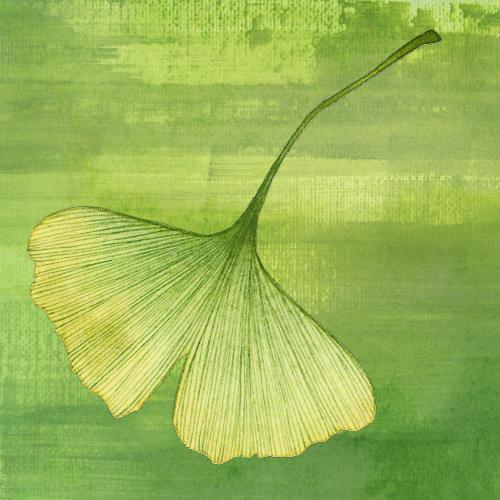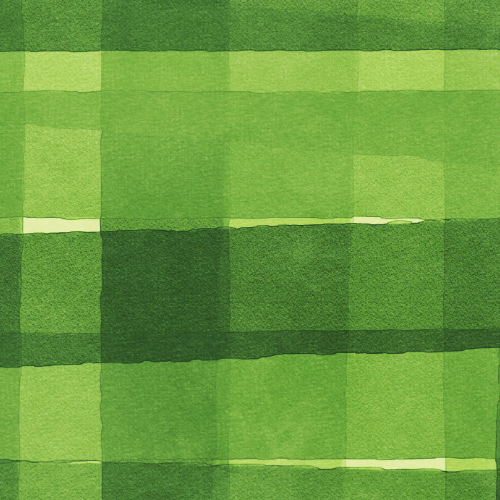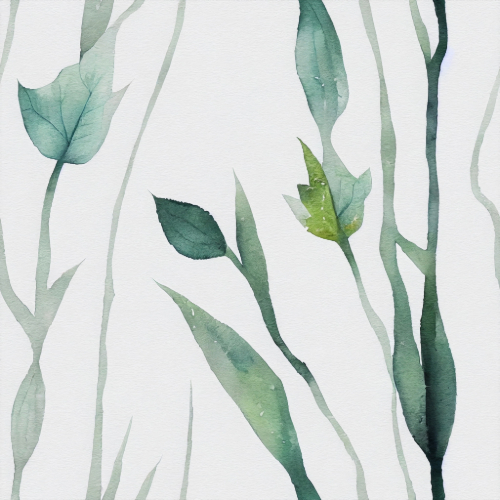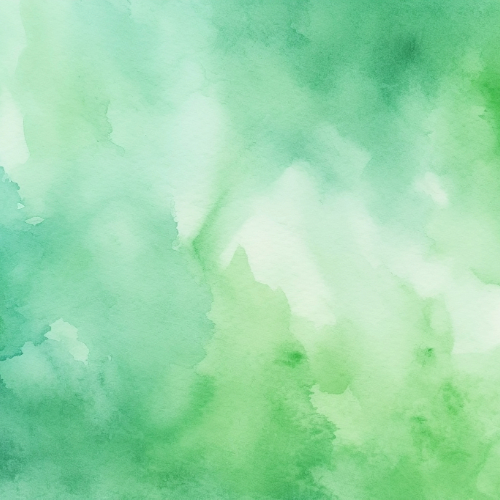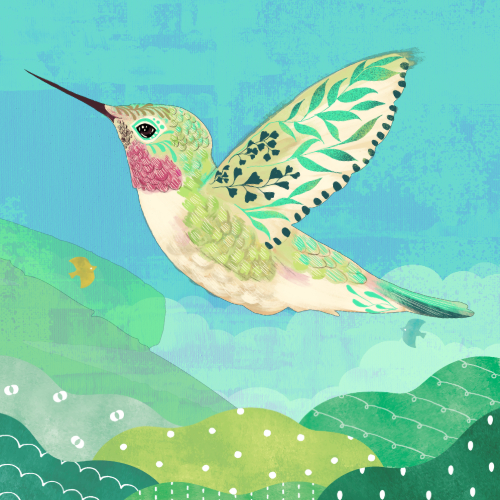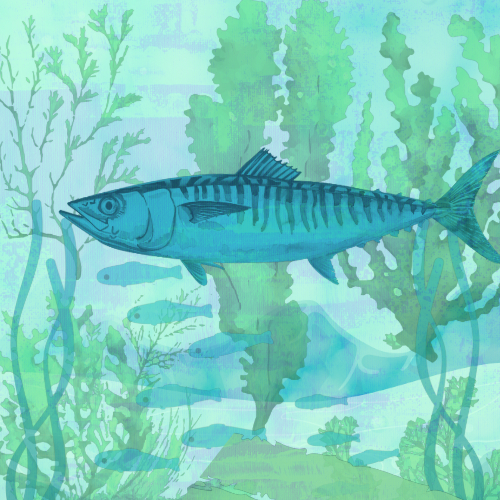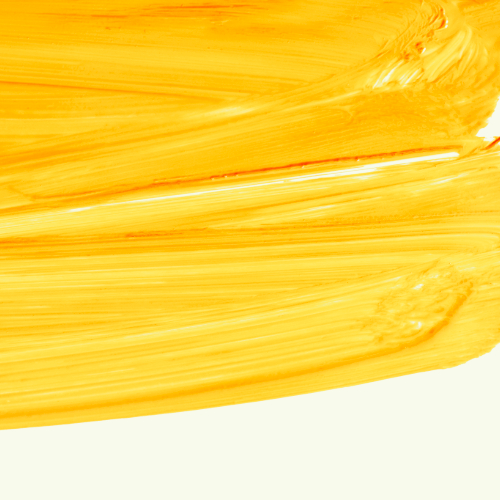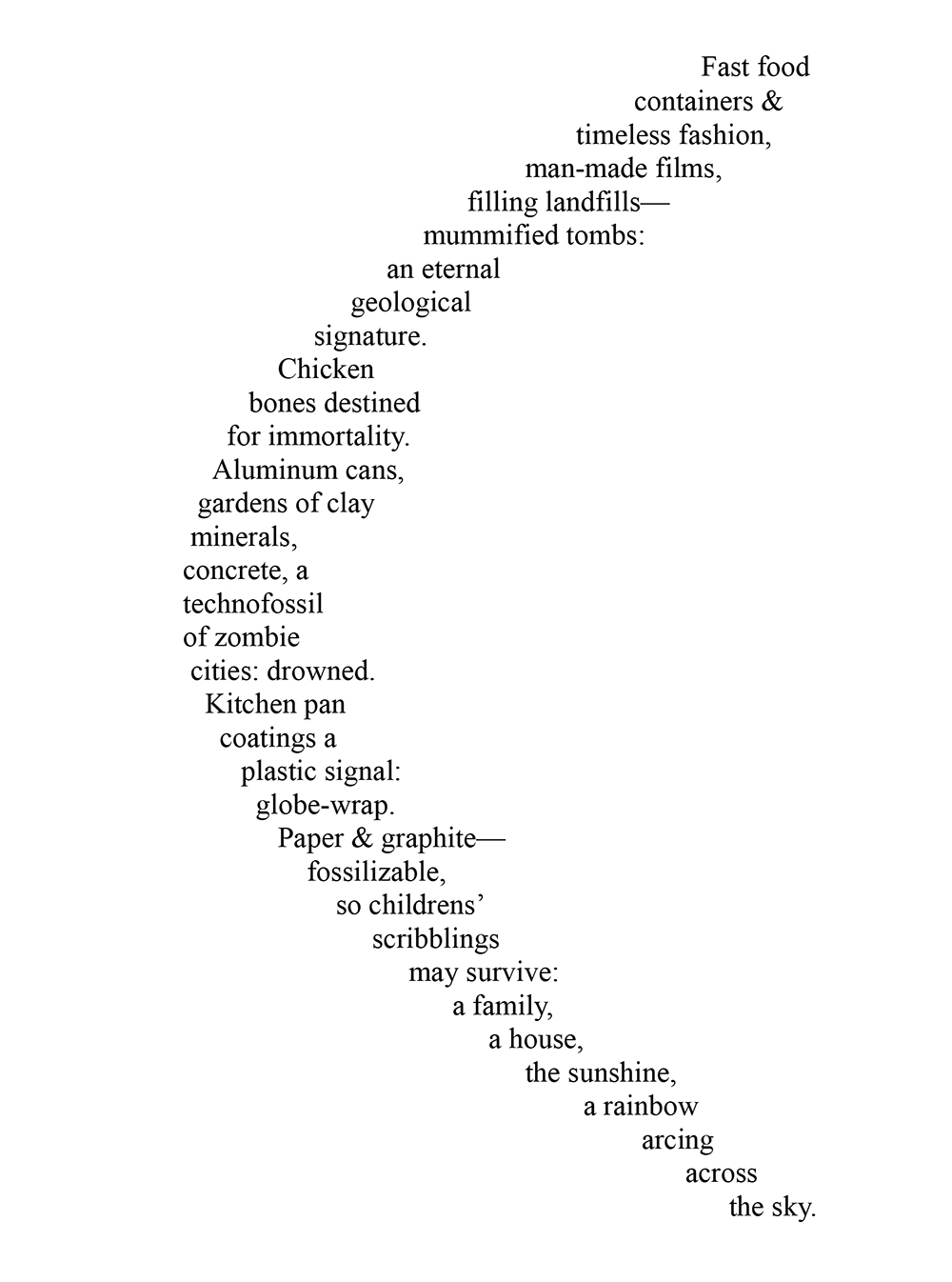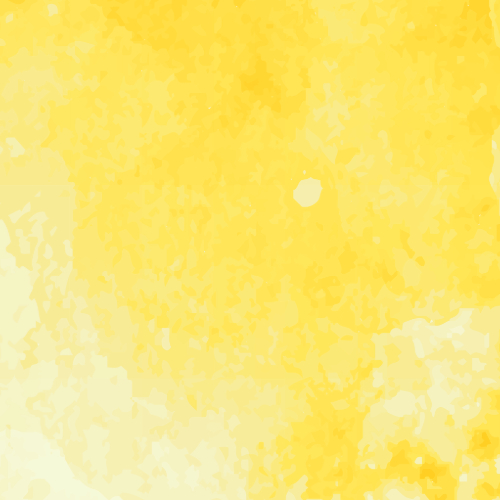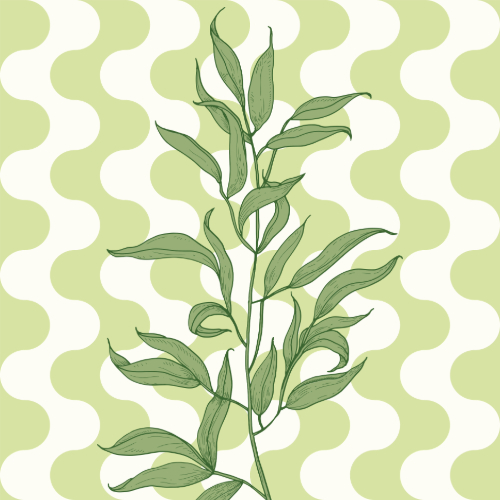Two Poems
Two Poems
by Yana Ludwig
It Is Useful in Moments Like These
to remember that we are just semi-self-aware vials of space junk, velcroed to this particular planet by gravity, and in that context, the existence of mangoes and mambos and dirt roads and bufo toads and chipmunks and leather trunks and dust bunnies (and dust and bunnies) and trolley cars and dead stars and avocados and of course velcro and junk yards and rainbow leotards; but also boat slips and tulips and plastic light sabers and moss (all of which are also just semi-self-aware vials of space junk, velcroed to this particular planet by gravity) are the real miracles as they say (and of course they are apes and whales and spider webs and interwebs and interconnected colonies of aspen trees and bumblebees, all talking and singing and communing, which is all very impressive for semi-self-aware vials of space junk, velcroed to this particular planet by gravity), all this life detritus, stuck with and to each other and making something of it (or not), deluding our semi-self-aware space junk selves into the belief that interdependence is a simple matter of free will.
What happens when the world doesn't match anymore?
I: The World from the Train
I travel the country by train
stare out the windows,
and every bit of beauty hurts.
The rivers, the lakes, the rain.
The woods, the wetlands, the prairie.
The fields.
The fields, and even the damn stupid lawns.
I want to believe they will be here
in another 50 or 100 years.
That they will outlive me.
We have changed the climate.
It’s a ridiculous thought, really.
How is it possible to change something
as fundamental as the climate?
I mean—say it out loud, to yourself
slowly, and really listen to the words:
We have changed The Climate.
Say it again and emphasize those last two words.
The.
Climate.
II: The World Evolved
Make it the air you breathe, or the water you drink,
or the soil.
Make it into something that the birds and plants know in their migrations
make it fast and slow, like flight
Make it relate to the thin papering olike rootedness.
Make it relate to the thin papering over of your body
called skin.
Make it the delicate balance of moisture in your children’s eyes that evolved, just so.
III: The Unmatched World
The way the seeds of this place match the soils of this place, match the rainfall, match the length of seasons at this precise distance from the equator, how the land tilts just so
on the spinning axis of the planet
and the way the everyday magic of food is coaxed from this complicated matching.
Except, make it not match anymore,
in the way you say the words. Make it honest: We have Changed The Climate.
Make it the exhaustion of 40 years of eyes wide open trying not to stare at the gas-powered
car wreck that is us.
We are, as you read this, continuing to
Change.
The.
Climate.
I know this. You know this.
What happens when the world doesn’t match anymore?
IV: The World from the Train
I watch the woods fly past,
and my longing for the deep green of the edges matching is so strong, I can hardly breathe.
Today, I have seen hawk, woodchuck, deer.
Goldenrod, oak, pond scum.
Water in a dozen forms:
still and blue,
mud-brown rivers,
water freefalling
in white ropes.
And cars. Bloody gobs of the things. Buildings, towers, fences,
both picturesque and razored,
marking ownership and separation with varying degrees of friendliness. And roads, thousands of miles of the stuff, taking us anywhere but
Home.
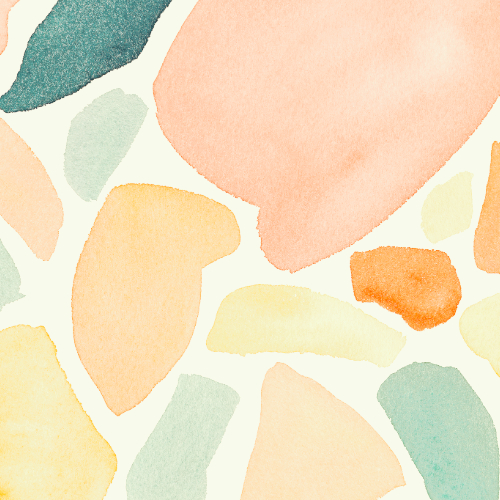
About the Author
Yana Ludwig was raised in the US upper midwest by an artist and an ecologist, and spent many hours of her childhood wandering a bit wild in woods and water. The most meaningful relationships for her are between humans and our physical environment, and humans and (often oppressive) social hierarchies. Yana makes meaning of these relationships through writing.


